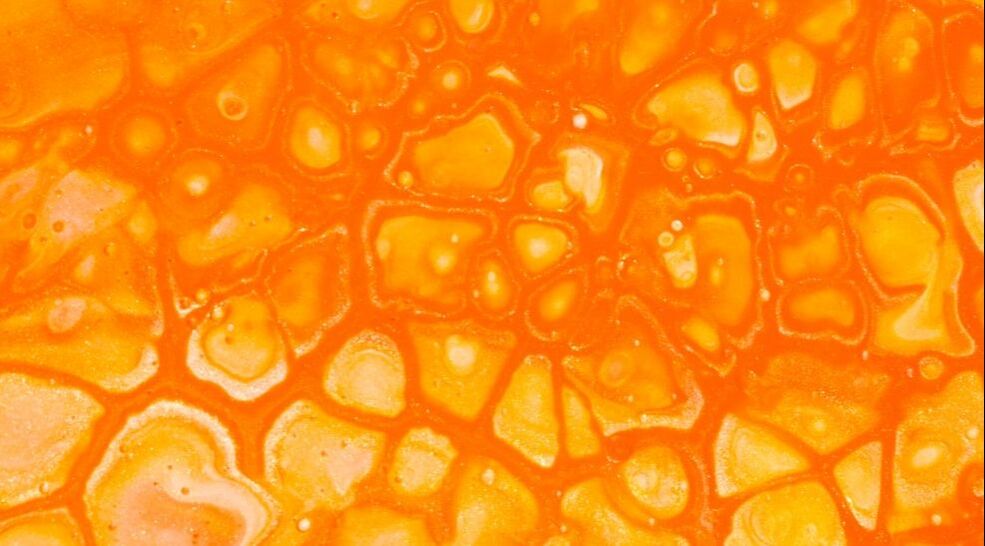 by Rebecca Brown
We lounge under the duvet, my limbs in yours, making plans for the park. I place sliced grapes and bear-shaped crisps under your expectant noses. You tell me you love me so much, over and over again. We watch each other closely, ready to worry at the first hint of a tear falling. I tidy the scattered puzzle pieces and wide-eyed baby dolls, muttering unconvincingly as if I don’t love every second. If only I could express these golden moments, sweet and strong as honeycomb, are as good as it gets. Rebecca Brown (she/her) is a disabled mother with incurable breast cancer. She started writing when the hospice gave her a gratitude journal. Once she started, she could not stop! She shares her experience growing up disabled and living with cancer. Rebecca has had poems published in Wishbone Words and Recesses.
0 Comments
by Sophie Finlay
I. Gastropods some coil flesh-pink, lips lined with teeth an aperture whorls to an apex. within the extraordinary geometry of retreat a mollusced body nestles in the silken innermost layer-- the nacre of the shell II. Nudibranchs boneless, they shed their shells after the larval stage. with branching, naked gills and soft horns the nudibranchs feed on algae, sponges, coral and sometimes each other, absorbing the hues of what they eat-- skins bulging with colour and poison III. Jewel anemones a blush of footed pink, each tentacle has a tiny bud at the tip-- coloured more brightly than the body of the polyp and resembling a jewel or a dew drop, the ocean gives birth to luminous forms IV. Seahorses an abdomen of bony rings a coronet of filaments-- sensing with delicate fibres. fins that allow the seahorses to hover above the ocean floor like hummingbirds and suck tiny shrimps into their snouts. tails to curl around the kelps and grasses-- to hold-on in the sea-channels. a seahorse father has a nursery pouch in which he can adjust salinity levels, preparing his babies to pour into the sea Sophie Finlay is a visual artist and poet. She lives, works and creates on the lands of the Wurundjeri people of the Kulin Nation. Her poetry is published in multiple journals including Meanjin, Australian Poetry Journal, Cordite Poetry Review, Plumwood Mountain journal and more. She has also been a finalist in several art prizes including the John Leslie Art Prize and the Salon des Refuses exhibition, Lethbridge Landscape Prize. Sophie is currently a PhD candidate in literary studies and creative writing at Deakin University. by Daniel Fuller
The mayflies have ever danced there in the cool sunlight, at the closing of the day, given over to lament and the sad, loping songs playing on the radio. The branches about them make art of the muted wood on the walls and it is time to let go time for me to make unhappy watercolours of myself —the day has abandoned colour now and this hour draws something wretched from my voice such that I can forget this city and almost speak in the manner of colonial streets. To speak nothing of the gap between evenings spent on buses in a place big enough for my tragedy and this hateful serialism from which a yearning cello rises and falters, like rain. Daniel Fuller (he/him/sé/é) is a British-Irish writer and musician. Currently based in Oslo, he draws inspiration from land and country, as well as the personal and relational. His work has been published in Rust + Moth, The Madrigal and The North Magazine, and was shortlisted in the 2020 Bridport Prize. by Meggie Royer
In a past life my great-aunt believed she was a monk, resplendent in marigold robes, offerings cloaking her doorstep like a shroud. There was a heron against the water in her dreams, so pale it shone like hair. In the life before that she was a boy in a cave, younger than I could ever picture her, hiding coins in the dirt. It was a privilege, to end one life and wake in another, to falter in the way love falters, to see her likeness moving around the corner like a cloud. When I knew her, I knew myself. I saw her; I saw what she buried, I saw that some of us spend our whole lives moving away from what moves toward us. Meggie Royer (she/her) is a Midwestern writer and the Founder and Editor-in-Chief of Persephone’s Daughters, a journal for abuse survivors. She has won numerous awards and has been nominated several times for the Pushcart Prize. She thinks there is nothing better in this world than a finished poem. Her work can be found at https://meggieroyer.com. by D.W. Baker
pantoum collage after Martha Lundin To be a witch is to love the natural world more than the things human hands have made. We name women who spend too much time with nature Witch, but the line between goddess and witch is thin-- I was always sure of my identity: I was part of her. We name women who spend too much time with nature Witch. (We name things we want to control after women.) I was always sure of my identity: I was part of her-- In this one body, there is no need for names. We name things we want to control after women, but the line between goddess and witch is thin: In this one body, there is no need for names-- To be a witch is to love the natural world more than the things human hands have made. D.W. Baker is a submerging poet from St. Petersburg, Florida, USA, who writes about place, bodies, belonging, and the end of the world. His work appears in Green Ink Poetry, Snowflake Magazine, Feral Poetry, and elsewhere. He is a poetry reader for Hearth & Coffin. See more at linktr.ee/dwbaker by Patrick Wright
you post pictures of funny-walking seagulls and crumb-loving pigeons. from a distance I imagine a mother and child, clambering over rocks, eating crêpes, paddling waist-high. as lifeguards supervise, your message arrives on ‘the uncanniness of arcade machines, a run-down town, a rag-and-bone tumbleweed place, a bustle of back streets, antique shops …’ meanwhile, my device is streaming blue skies, terns perched on promenade lights, a laughing sailor: come laugh with Jolly Jack. I reply: ‘I hope to never meet him under moonlight.’ you heart this line. you’re far, while I’m at a loose end. you text as you trudge up the steps, put the fun in the funicular, sign-off with emojis and gifs, nothing but a screen of hieroglyphics. Patrick Wright has a poetry collection, Full Sight of Her (Black Spring), which was nominated for the John Pollard Prize. His poems have appeared in Poetry Ireland Review, The North, Southword, Poetry Salzburg, Agenda, Wasafiri, and London Magazine. by Alana Kelsall
we arrived as couples at the rebirthing centre mats lined up like rafts his arm around my shoulder I dropped to a crouch angled my huge belly into line wondered who would succumb first to the tug of sleep draw up the flood of their birth? our best friend trumpeted his snores in no time roped back sheepish into the shadowy room whale music probing the walls feeling like a cabbage adrift in a field I slipped towards a dark watery eye was it a fish? how human is it to breathe? the Denisovans once roamed across vast mountain ranges leaping from crag to outcrop without losing their breath a gene they bequeathed to the Tibetans where did they come from those climbers how did they die out? were they somewhere between a fish and a bird able to lean into storms with breath and bone? how did my body erase my fearful mind during labour with each surge to the end? will our children’s children have to breathe through water learn how to float to higher ground? Alana Kelsall is an award-winning writer of poetry and prose who lives on unceded Wurundjeri land. She recently won second prize in the June Shenfield Award, and was longlisted for the Liquid Amber Poetry Prize. Her poetry is forthcoming in the Australian Poetry Anthology. by Steph Amir
Blue ink exploded onto unidentified viscera, or perhaps it’s four co-dependent animals huddled in a grisly lump, with a jellyfish wobble yet not jellyfish at all. Steph Amir’s poems have been published in Australian Poetry Journal, Foam:e, Plumwood Mountain, Rabbit, StylusLit, TEXT, and others. In 2021, she was a Writer’s Victoria Writeability Fellow and in 2022 was shortlisted for the Melbourne Lord Mayor’s Writing Awards for poetry. She recently published her debut collection, “Pieces That Fit." by Frank William Finney
Meat cutting class. Lesson of the day: How to cut a veal flank steak. My classmates took it all in stride: the glassy eyes, the hindlegs bound, the sheet of blood beneath the calf’s head, flies on the walls, and drunk in the air. Blood on the blades of the ceiling fan. Outside the room, the fields smelt green. Horsetails swished in the afternoon sun. Frank William Finney is the author of The Folding of the Wings (Finishing Line Press, 2022). His poems have appeared in Flora Fiction, Freshwater Literary Journal, Metachrosis Literary, and other places. He lives and writes in Massachusetts. by Polly Grant Butler
inside an ad there is an ad and it is saying eat me I tell myself even mary would have gagged on cock, after all was said and done a laptop on a bed brings the devil into focus it says the ring of fire is a burger and a breast the breast is the bottle and its absence is a presence to fuck is to eat and abstaining is transcendent sliding down my hands I want it fat and wet like a morning shit like I’m doing it quick the taste of butter curdling in my spine I sip the day like a cheap charade book film or play it’s all you. anyway. how your milky taste belies the body but this is a body, a stuffed buffet fisting into fullness. the news has a sponsor with a finger down its throat I bargain with delivery drivers to see the world up close I want you like I am a baby and you are the nipple on the screen they say I’m loving it, the eternal sauce I’m loving it, to be hungry is to be unspecific and I refuse anything not vague mustard licked hands fluorescent screaming light Polly Grant Butler lives in Adelaide, where she works for independent publishing house Wakefield Press. She writes poetry and short stories. |
Blue BottleSeeking words with sizzle, poetry that wraps us in burning ribbons and won't let go. Send us your best! Archives
December 2023
|
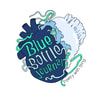
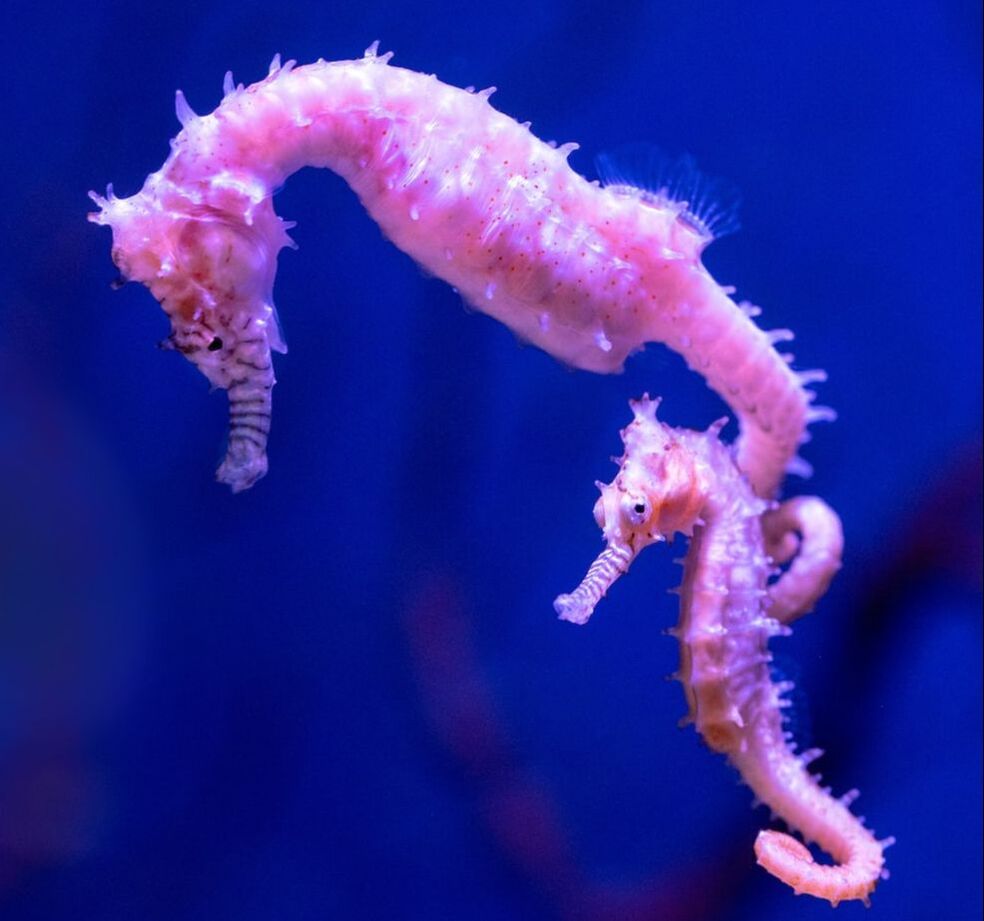
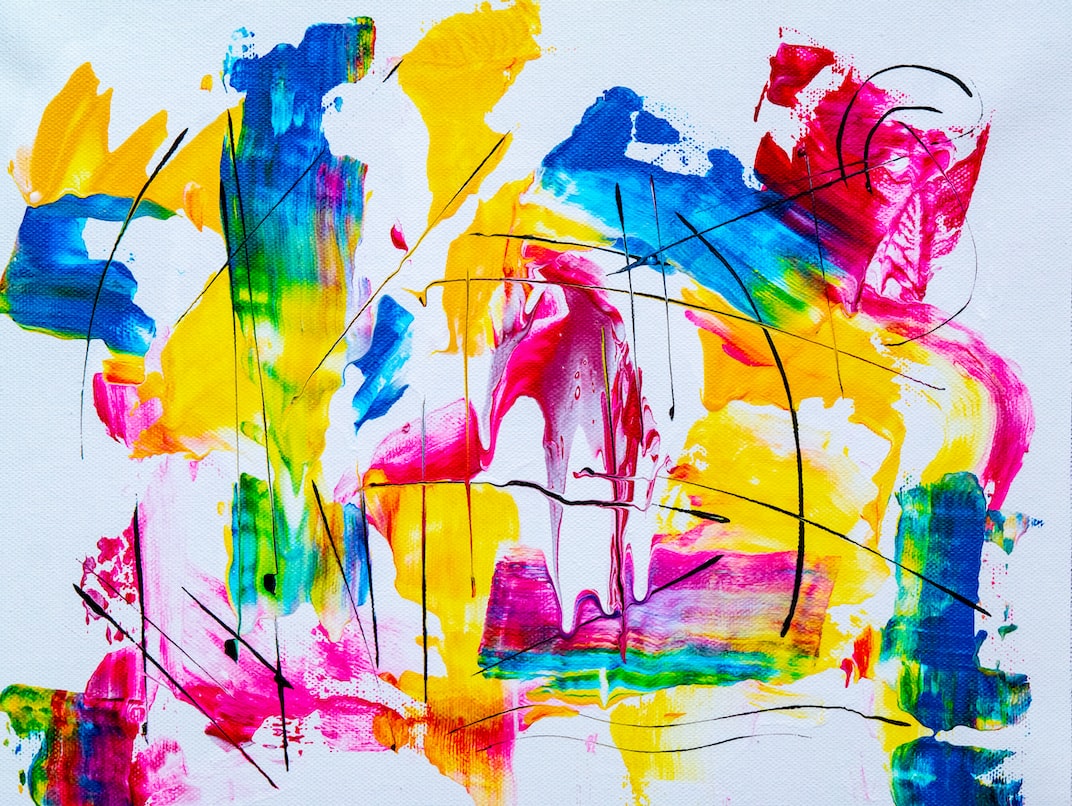
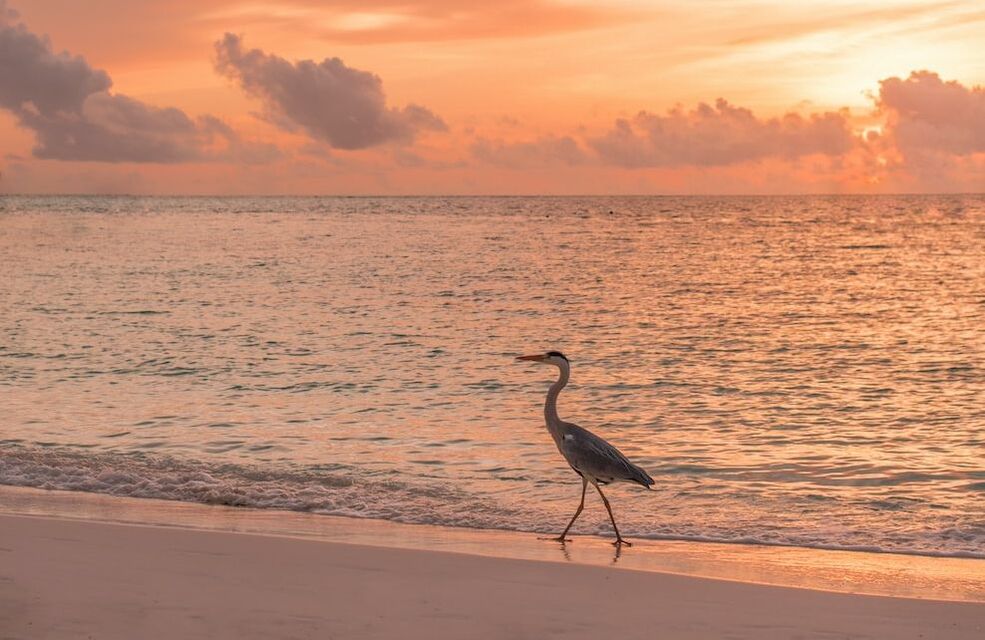
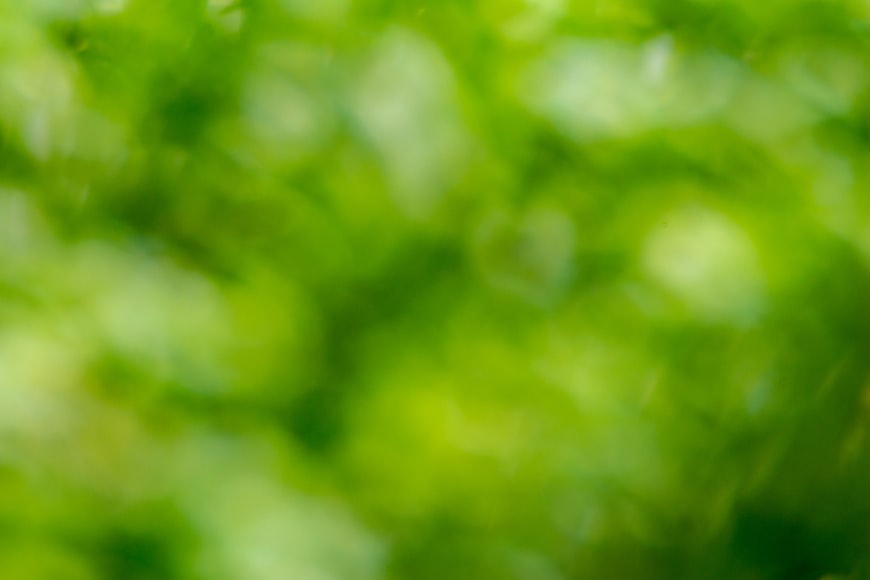
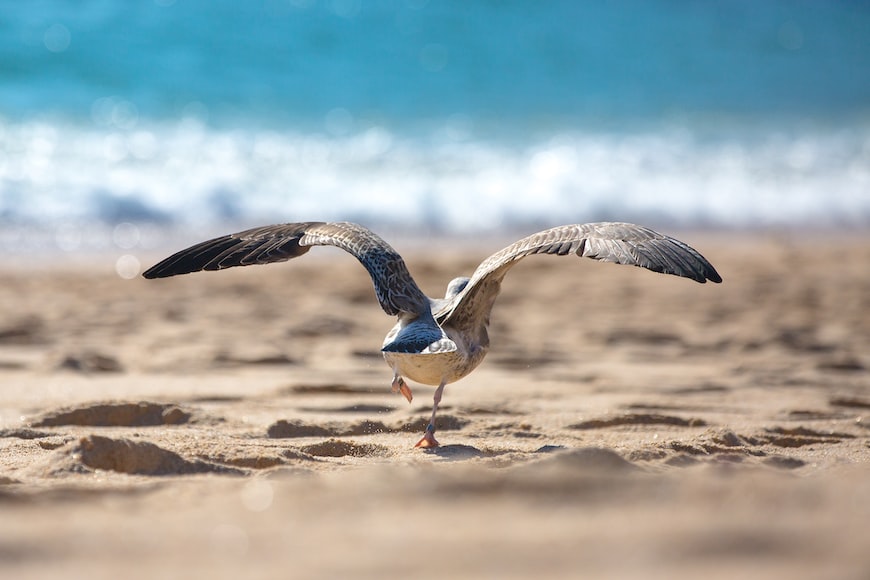
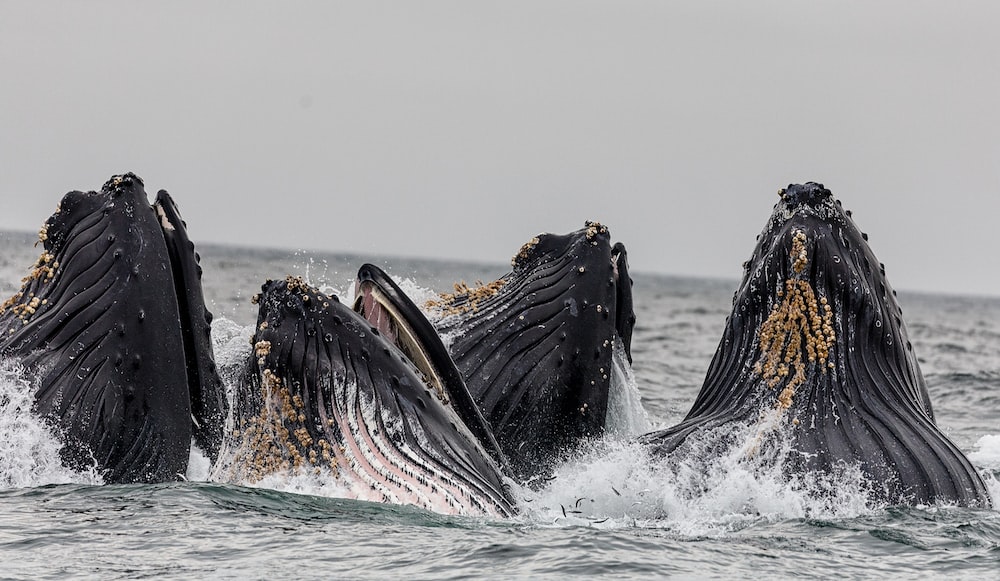
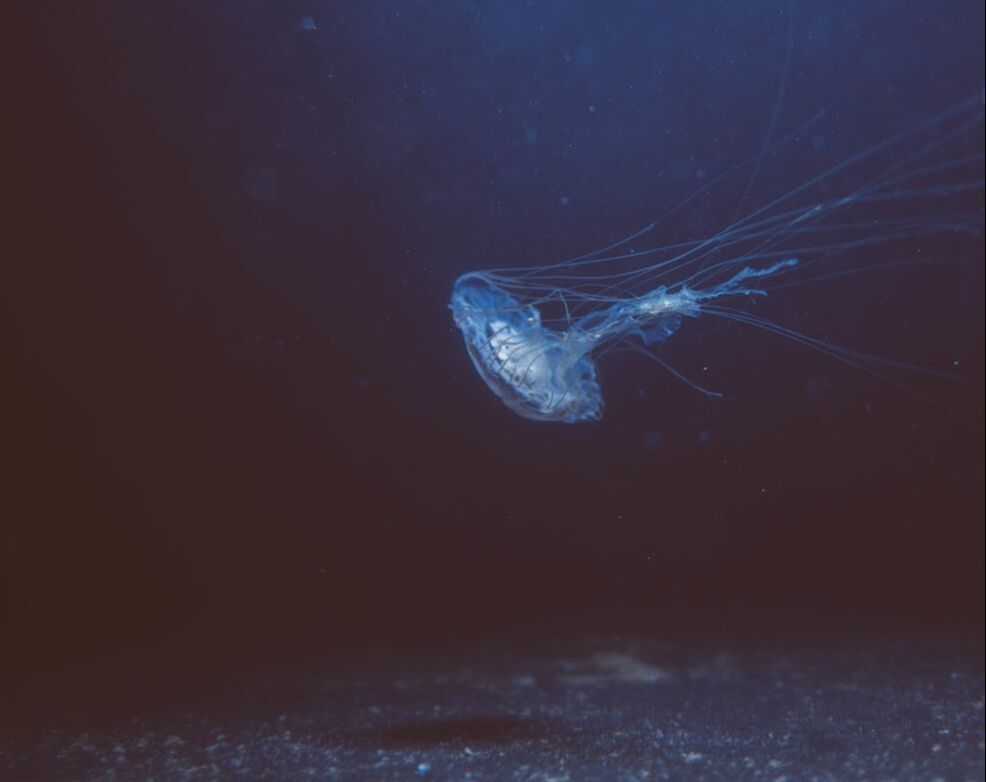
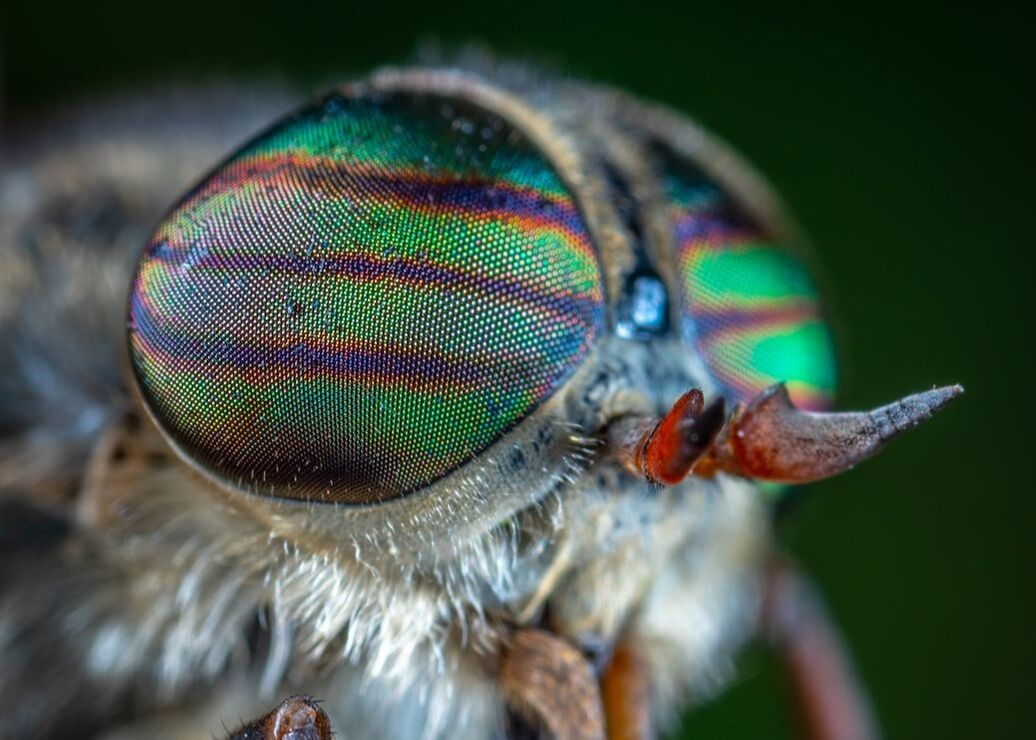
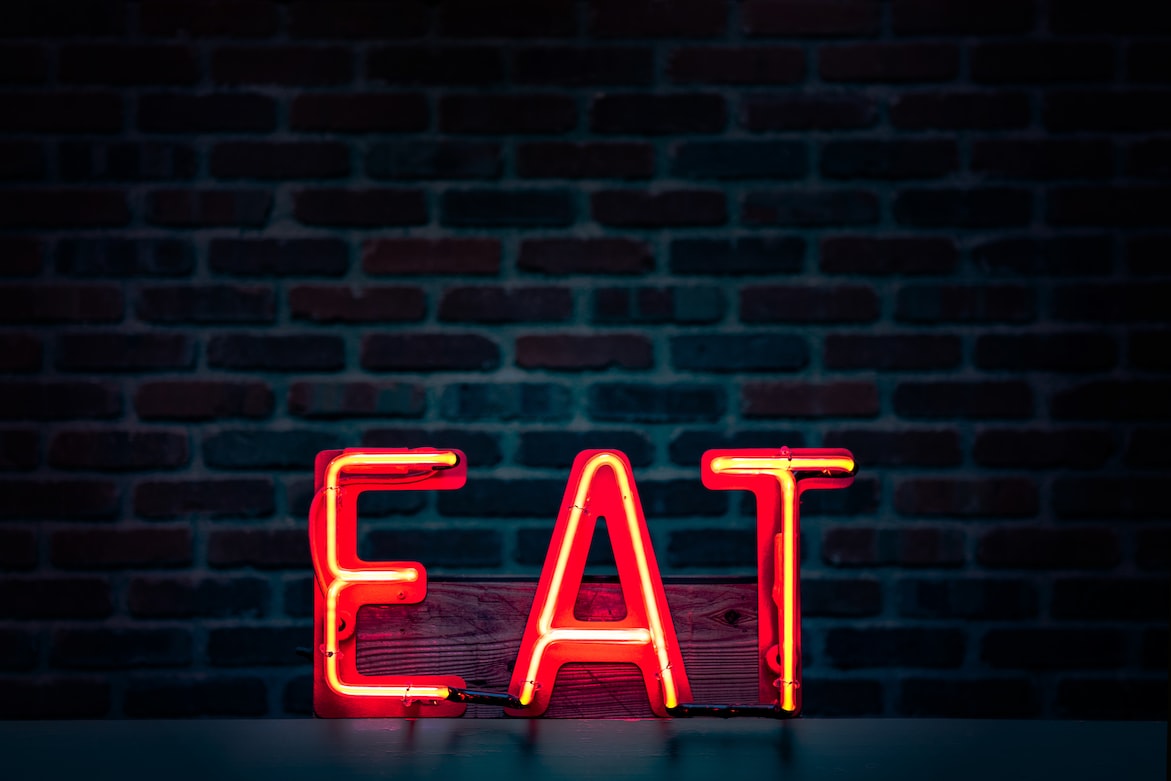
 RSS Feed
RSS Feed
